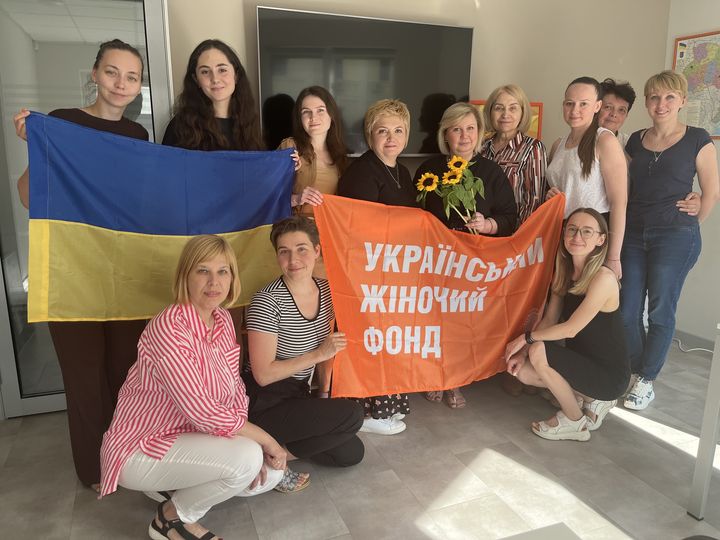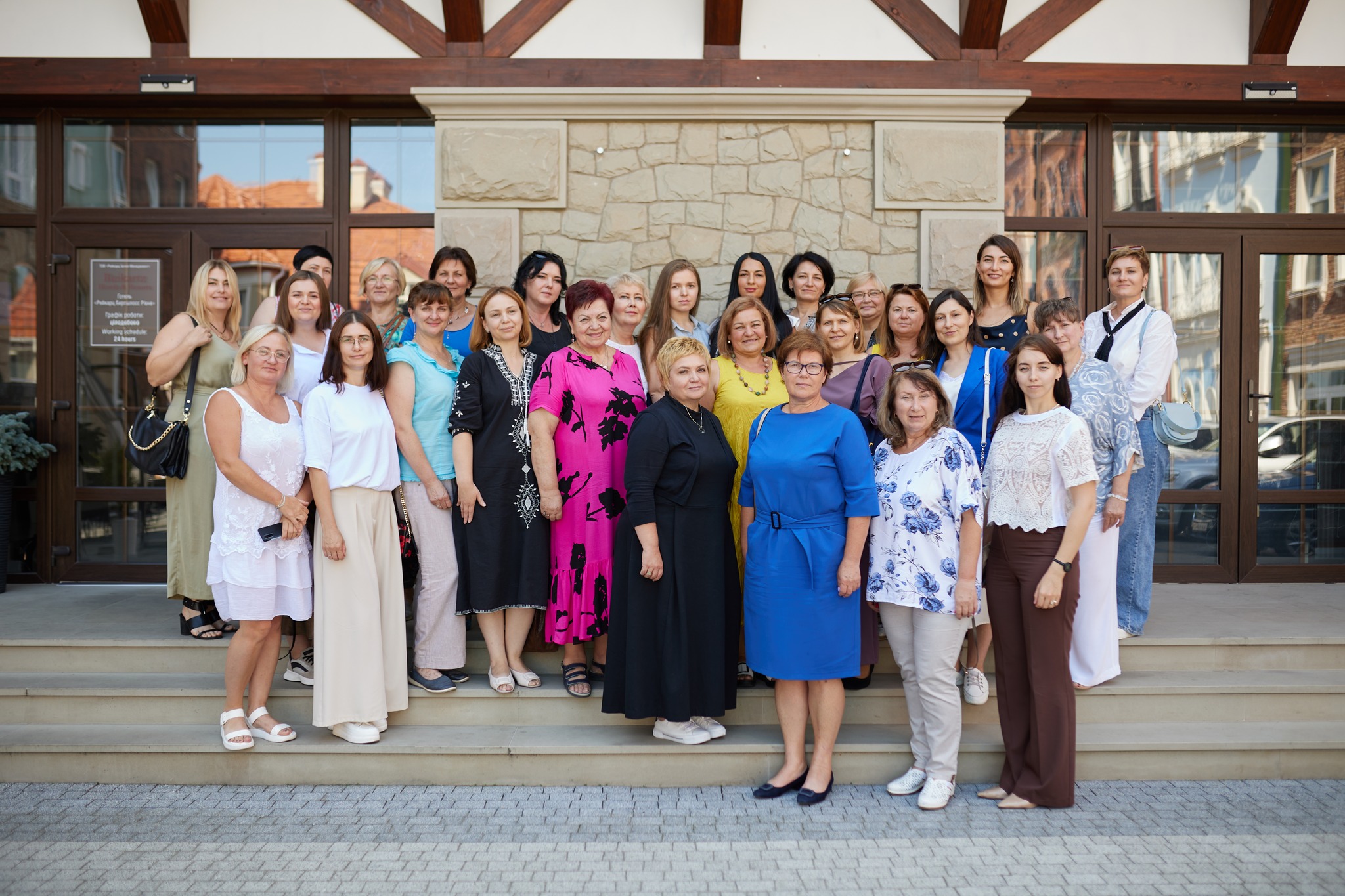
Location: Kyiv, Ukraine
Grant Work: Ukraine
Channel Focus Area: Strengthening the Women’s Funding Movement
Website: uwf.org.ua/en/
Watch: Ukrainian Women’s Fund YouTube Channel
Mission:
The Ukrainian Women’s Fund (UWF) is the only women’s fund in Ukraine and has been supporting women’s rights/feminist organizations, as well as the women’s rights movement and gender equality for twenty consecutive years. UWF supports women’s rights/feminist organizations by issuing grants, sharing information, providing training, and other resources.
UWF News:
Channel Grants:
2022 and 2023: Channel made grants to The Ukrainian Women’s Fund (UWF) in order to support their work making grants, sharing information, providing training and other resources to women’s rights/feminist groups in Ukraine, and responding to the multiple crises caused by the Russian invasion which began in February 2022.
Normally making grants in several areas of work, UWF’s rapid response grants since the start of the war have “enabled women’s/feminist non-government organizations to purchase and provide food, water, medicines, hygiene products, utensils, linen, mats and establish their provision, as well as build emergency psychosocial and transport support services. This assistance is provided on a daily basis to women fleeing the war and their families, vulnerable groups, in particular women and girls with disabilities and those caring for children with disabilities, those wounded by war actions and their families, LGBTQI+ and activists remaining in place.”
According to UWF’s assessment, the war in Ukraine is “changing but not stopping the women’s/feminist movement.” They state that “it is public organizations …which implement effective solutions to help women in crisis and act systematically: collecting humanitarian aid and sending it to the places where it is most needed, creating shelters, and coordinating transit flows of displaced people, volunteers and authorities, recording crimes, organizing medical and psychological support for victims and witnesses of military aggression, creating systems to collect and transmit information, which saves lives and enables communities to host IDPs (internally displaced peoples).”




